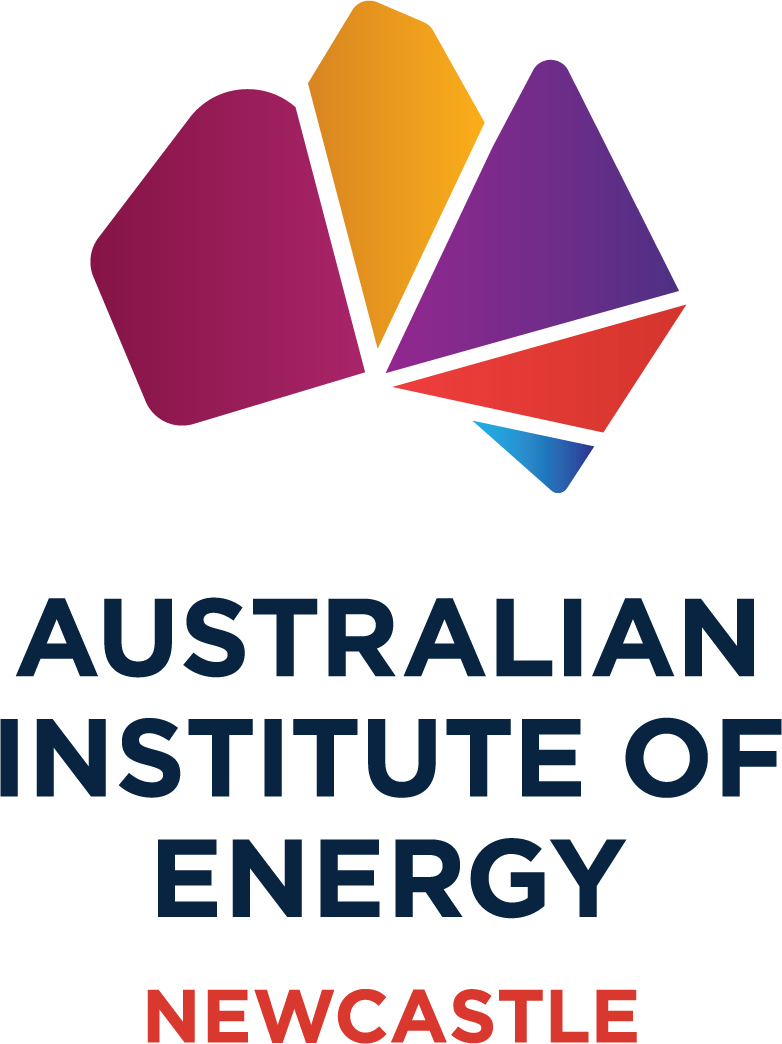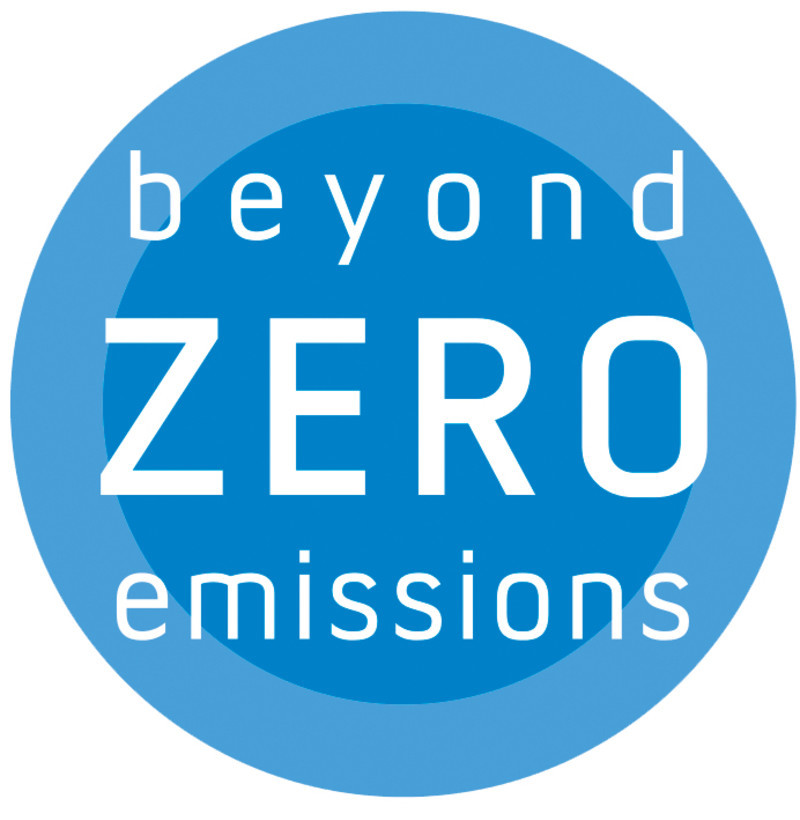Managing electrical power distribution to reduce extreme bushfire risk
Is Rapid Earth Fault Current Limiting (REFCL) technology the correct choice?

The Black Saturday bushfires which devastated Victoria in 2009 led to the death of 173 people and the loss of over 2000 homes with damages estimated to cost over $4.4 billion. A Royal Commission was tasked with investigating the effectiveness and completeness of the threat reduction measures implemented since the bushfires of 1977 and 1983. Subsequently a taskforce recommended that Rapid Earthfault Current Limiters (REFCLs) be installed at substations supplying power to ‘high bushfire threat’ areas to minimize the risk of fire due to sparks caused by power systems.
The introduction of this new technology has been faced with many operational hurdles, requiring the implementation of complex and costly engineering controls, leading to almost a fourfold increase in cost from the initial estimation of $151 million. This presentation examines the benefit and cost to society of the neutral compensation REFCL technology and discusses a range of alternative options that are being used to achieve the aim of eliminating the threat of low probability extreme bushfire events.
Dr Bill Carman worked for 37 years for the electricity utility Ausgrid, closely involved in earthing system design and testing, lightning protection, risk management, safety analysis, standards development, training and R&D. Since 2014 he has been consulting independently regarding risk management and earthing and lightning related risk mitigation. Bill has a doctorate in the area of earthing system risk quantification and design, has authored over 45 technical papers, and is a conjoint Senior Lecturer at Newcastle University. He is active on national and international earthing and lightning protection related standards committees. He chaired the joint Cigre/Cired committee which recently completed an investigation into the integration of quantified risk in earthing system design and operation and is a member of the Cigre working group investigating neutral point grounding configurations.













